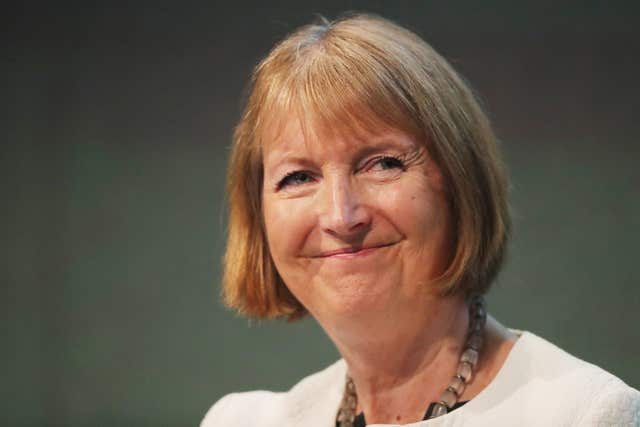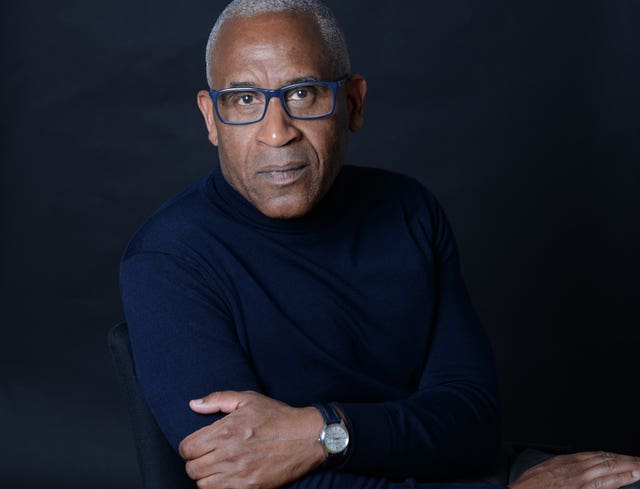Voter ID proposals risk being ‘discriminatory’, MPs and peers warn
Committee says ministers must establish whether the plans would lead to ‘hesitancy’ to vote among black, Asian and minority ethnic communities.

Government proposals to require voters to show photographic ID may discriminate against disabled people and the elderly, a new report warns.
MPs and peers added ministers must produce clear research to establish whether the ID plans would also lead to “hesitancy” to vote among black, Asian and minority ethnic communities.
If so then the Government must explain how it will tackle such hesitancy, Parliament’s Joint Committee on Human Rights recommended.
The parliamentarians examined the Elections Bill ahead of it being debated in the Commons at second reading on September 7.

Under the most controversial element of the Bill, it will be a requirement for voters to show an approved form of photographic identification before collecting their ballot paper to vote in a polling station.
The provisions will apply across the UK in general elections – although similar measures have been in place in Northern Ireland since 2003.
A free voter card will be available from councils for people without a suitable form of ID.
The joint Commons and Lords committee recognised the list of acceptable forms of photo ID has been “drawn widely” but warned it is feared 4% of registered voters – or 2.1 million people – do not have the required ID.
They will be left with the choice of applying for the voter card or “losing the ability to vote at the polling station”.
The report also said: “The introduction of a voter ID requirement may have a discriminatory impact on certain groups with protected characteristics who are less likely to hold any form of photo ID, including older people and people with disabilities.
“The Government must make clear how it plans to mitigate any discriminatory impact on those groups.”
It added: “It is crucial that the Government understand the scale of hesitancy to engage with the democratic process that may exist in some communities if a requirement to show photo ID at polling stations is introduced.
“It is regrettable that neither the Cabinet Office research nor the Government’s equality impact assessment consider whether a voter ID requirement would disproportionately dissuade members of certain communities from voting.
“The Government should produce clear research to ascertain whether introducing a voter ID requirement would lead to hesitancy to vote amongst Black, Asian and minority ethnic communities, and if so, how they plan to tackle that hesitancy.
“It is concerning that the Government do not appear to fully understand the potential discriminatory impact of requiring voter ID on individuals who identify as White Gypsy or Irish Traveller. Efforts must be made to obtain this information and to provide it to Parliament by committee stage to allow for effective scrutiny of the provisions in the Bill.”

The committee received evidence from independent crossbench peer Lord Woolley of Woodford, the founder and director of Operation Black Vote.
The report noted: “Lord Woolley of Woodford told us that introducing voter ID ‘could have a monstrous negative effect, which some have characterised as voter suppression.’”
House of Commons Library research cited in the report showed there were 612 allegations of voting offences between 2014 to 2019.
The report said 171 of the allegations were linked to personation – voting in an election by impersonating someone else.
It added there were three convictions and nine cautions in this period connected to personation and other voting offences.
Labour MP Harriet Harman, who chairs the committee, said: “The Government has a duty to ensure everyone can vote, no-one is prevented from voting by discrimination and also that elections are free from fraud.
“However, current proposals which would prohibit voting without voter ID may deny the right to vote from large numbers of electors, and could have a discriminatory impact. The Government must explain how these measures are both necessary and proportionate given the low numbers of recorded instances of fraud at polling stations.”
A Cabinet Office spokesperson said: “Stealing someone’s vote is stealing their voice. Fraud in our elections is something we cannot allow room for, so we are stamping out potential for it to take place by requiring photographic identification. Voters in Northern Ireland have been using photo identification since 2003. It has been operating with ease for decades and has proven to be effective at tackling fraud and improving voter confidence.
“Our research, which draws on the most comprehensive data to date, shows that 99% of ethnic minorities already have a form of identification, as do 98% of those aged 70 or above. Local authorities will be legally required to provide a free voter card, for the small proportion of people who may not already have photo identification.”





